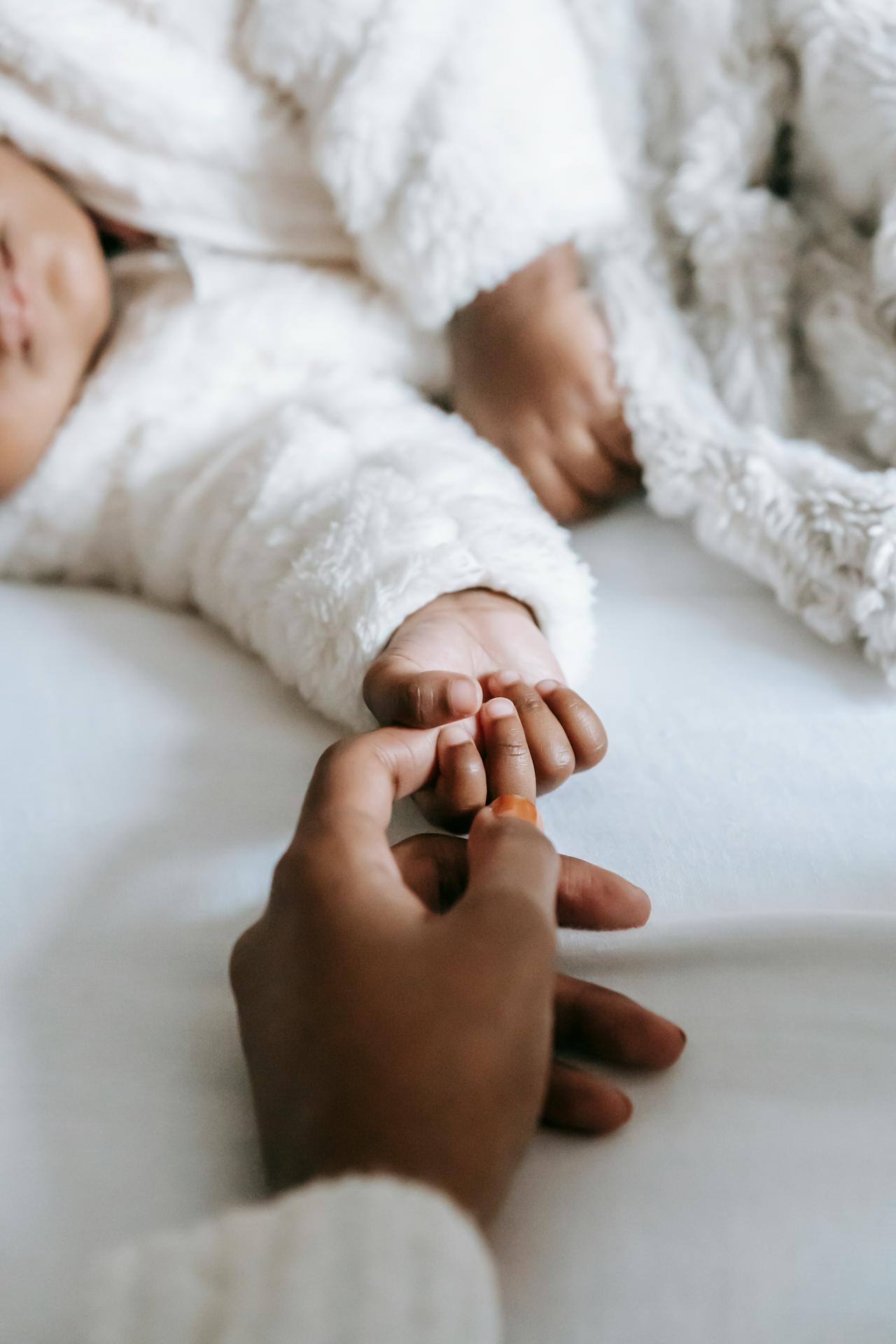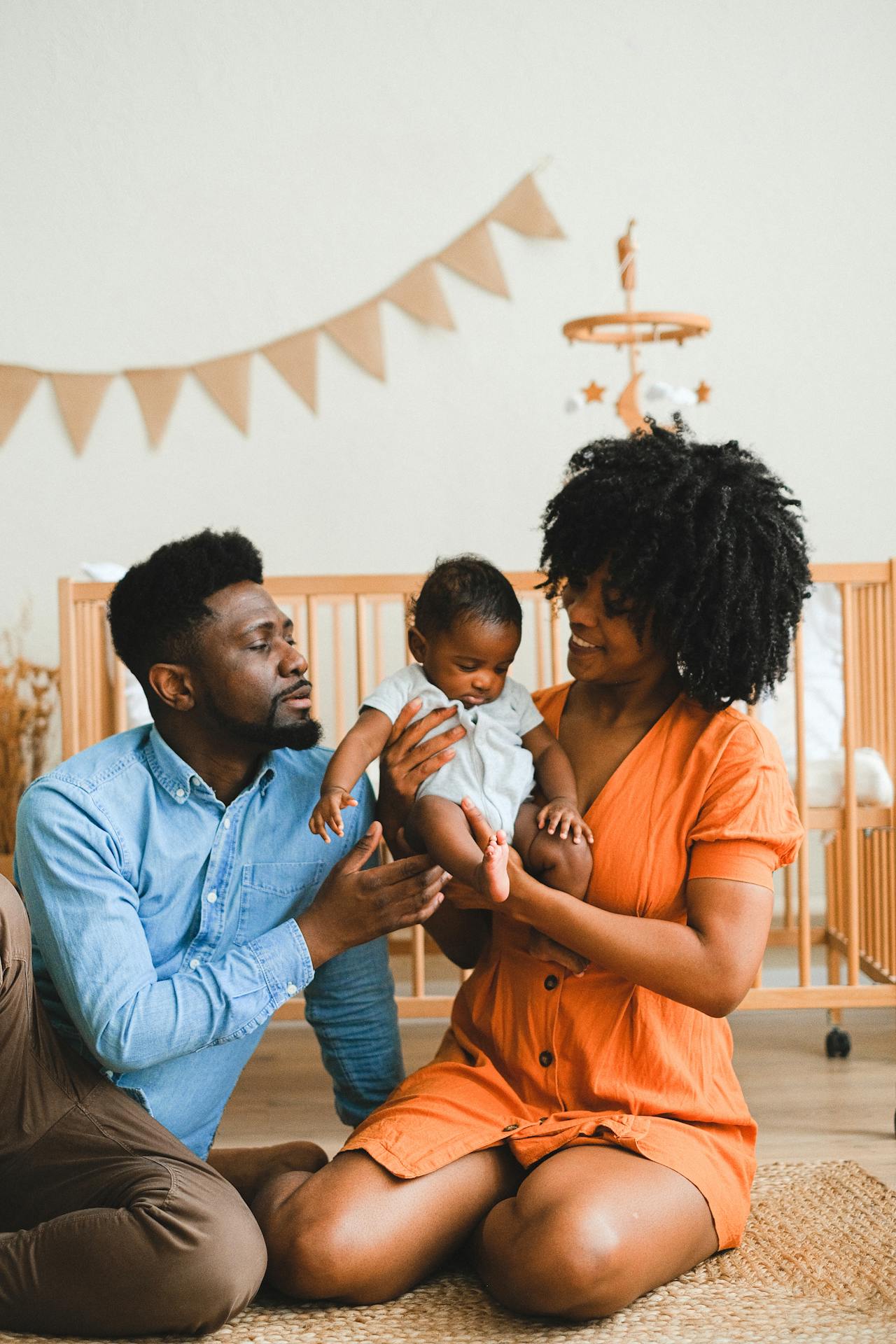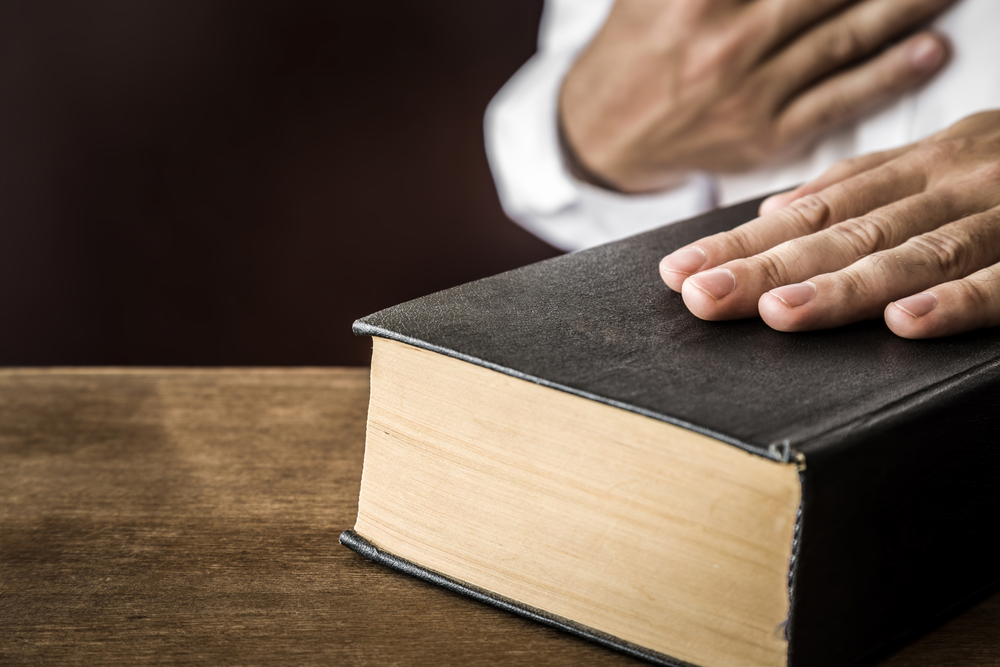What would happen to your child(ren) if you died today? That is a question that triggers panic in every parent. It’s a question that many parents choose to wish away for the fear of confronting the thought of their death and the aftermath.
To many parents, the concern is never much about “who” will take care of their children when they are gone, but how that person or persons will treat the child or children, especially if they are very young. Many parents have relatives who can step in but they opt to appoint strangers as guardians due to various consideration.
One of the main worries is what would happen to properties that the parent has worked hard for and invested for the child. In whose hands will it fall and how will the person deal with it since the child is too young? Will the person embezzle it all and leave your child a pauper with nothing to inherit from you? How about if your child has mental illness or physical challenge or any other condition that makes him or her permanently dependant on you, who would step into your shoes upon your death?

One thing that provides some solace if that fact that in Kenya, the State plays a critical role in the protection and growth of children, be they citizens or just any children residing within the boundaries of the country.
The new Children Act which was enacted in 2022 has tried to safeguard the interests and welfare of a child who loses a parent or both parents, including those parents who die without having written a Will. The law has made substantial provisions on how you can appoint a guardian to step in upon your death and how that guardian will deal with the child and any property that the child is entitled to inherit from you or from anyone else.
We will discuss that Act in some more depth. But a law is only set out in the books. How it works on the ground is a different thing altogether.
Under that law, you can appoint a guardian for your child at any time, regardless of whether you are single parent or married. In fact you can appoint a guardian and your spouse or the other parent appoints a different person as guardian for the same child. Both you and the other parent are only acting in anticipation of your individual deaths.

What you must remember is that your appointed guardian only steps in upon your death. In fact, one way in which you appoint a guardian for your child is through a Will, which legally comes to effect only when you have died. So, as you think about the appointment of a guardian for your child your death must be in your mind and the days after. You must think about a person who shall only be acting for you long after you are gone. We will see what that person can and can not do under the law, in regard to your child.
However, if you have a spouse or the other parent of the child is alive you must also think of yourself as a guardian acting after his or her death. This will become clearer ahead, but the simple logic is that just as you may appoint a guardian, the other parent too may appoint a guardian for the same child to act for him or her when he is dead and you are still alive.
Parenthood presents itself in various formations world-over. There are parents who are single by virtual of divorce or separation or just by choice. This means the other parent is still alive and probably very much active in the life of the child. And there may be a situation where that “other” parent may not be willing to be involved in the life of the child or may be declared unfit to have custody of the child for one reason or another. Take a scenario where a mother dies, leaving behind a young daughter, whose father is a certified paedophile.
Other parents are single as a result of the deaths or disappearance of their spouses or partners. These are called the surviving parents. They are the sole custodians of the children.
Then, we have parents who are officially married and living together, or married but living apart. There are many other parental arrangements.
In Kenya and Africa in general, parenthood formations extend to polygamous set ups. It gets more complex where two people enter into a marriage or a relationship and one or both, come with a child or sets of children from previous marriages or partnerships or relationships. Its these situations that the law has attempted to navigate in a more general way.
When thinking about guardianship for a child, all these formations and settings must come to mind, each in its own circumstances. You must think about your own situation in regard to the future of your child upon your death. That is where guardianship comes in as a process guided and regulated by the law.
You must ask yourself questions such as; will your appointed guardian be the only other adult in your child’s life or will someone else have an interest in the welfare of the child? What will happen if your appointed guardian also dies or even refuses to take up the guardianship. What if the guardian turns rogue much later?
If the other parent will still be alive after your death, what role will he or she play, regardless of whether you are married or not and living together or separately. Think about a situation where that other surviving parent will be declared unfit to have custody of the child. Think about about a situation where your appointed guardian will disagree with that other surviving parent and they take each other to court over the guardianship of your child. We will see how the law addresses all that. Point being that upon your death, the law comes in to try and achieve your wishes for the best interest of your child.






Very educative article